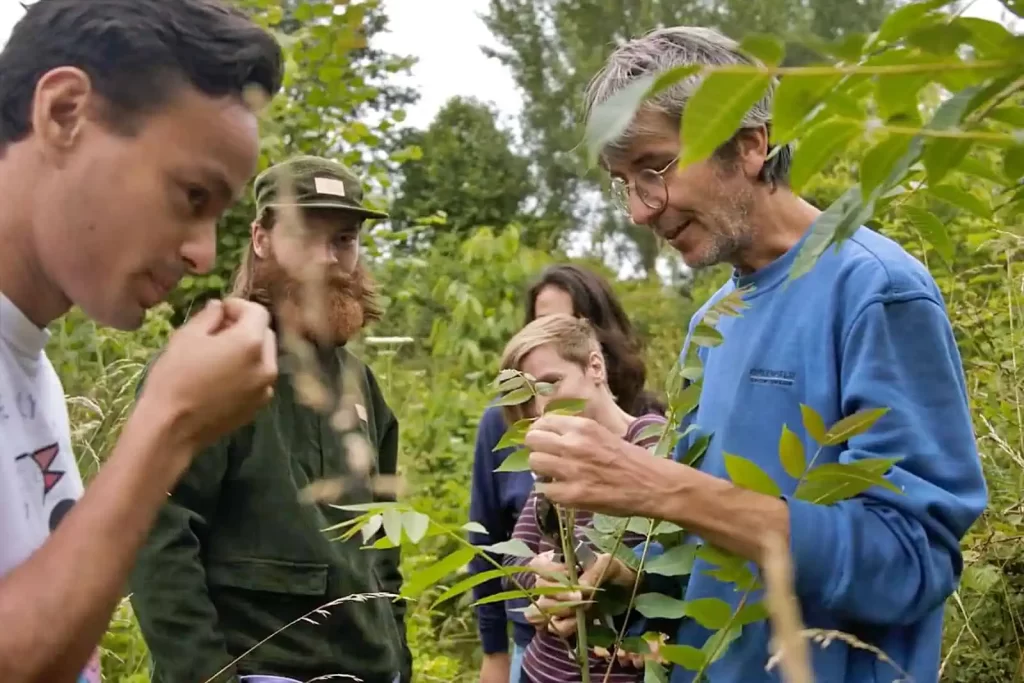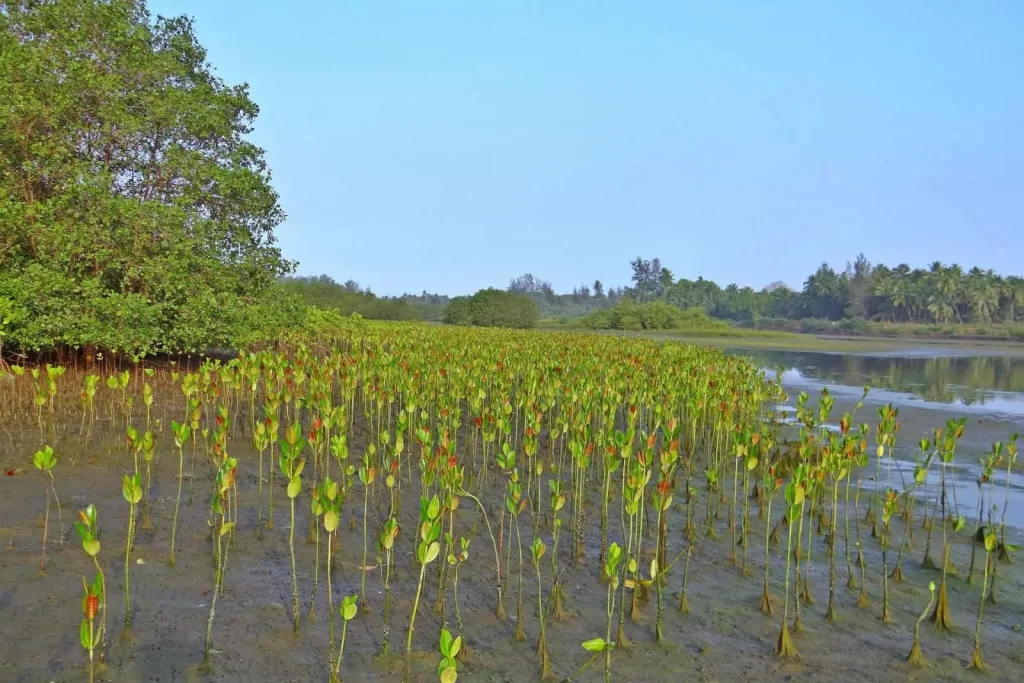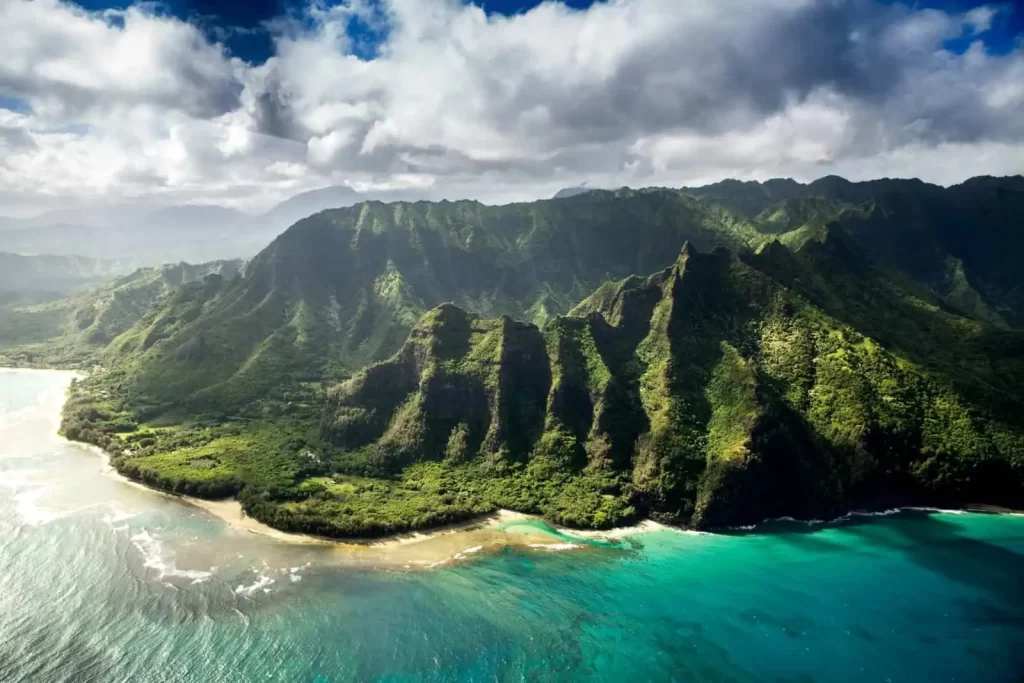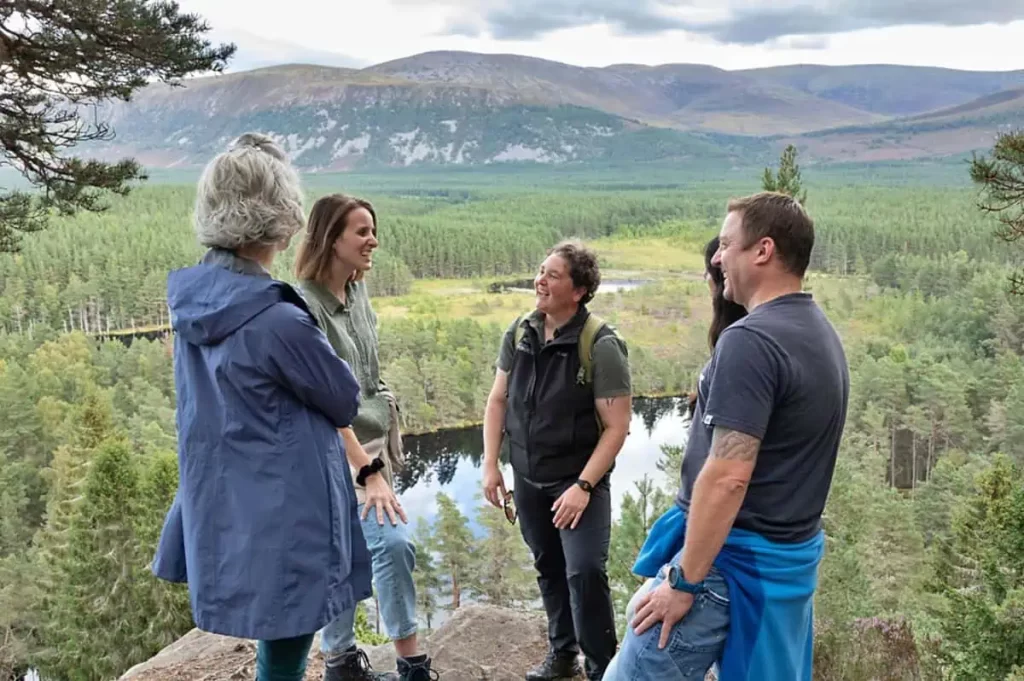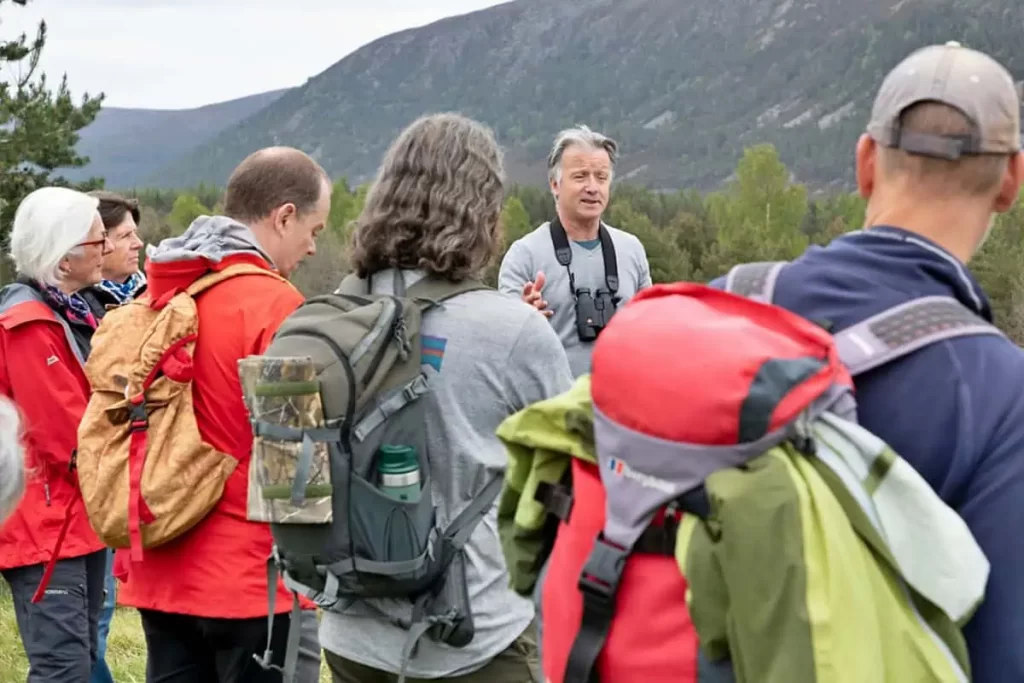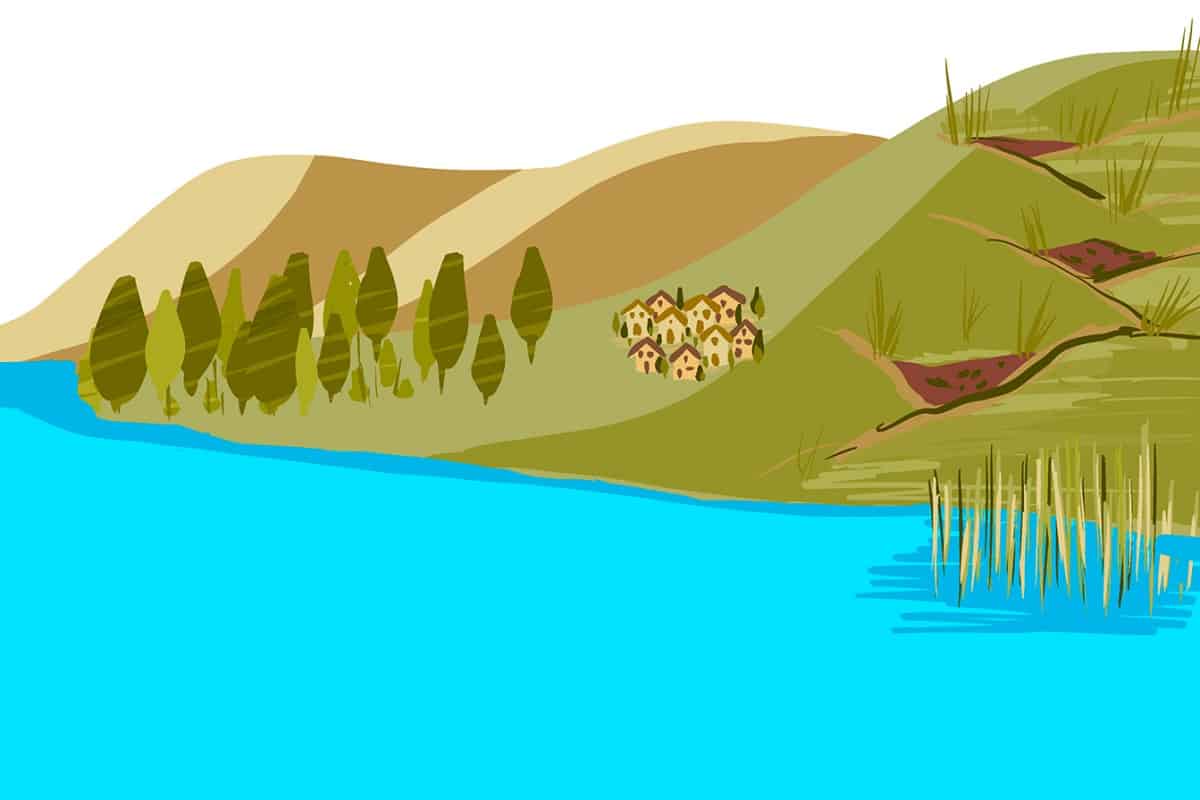
Monitoring forest and landscape restoration
About this course
Ecosystem restoration is a complex process, from identifying in-need landscapes to determining best practices for planting trees and promoting natural regeneration. To help restoration actors, funders and other partners plan, carry out and monitor successful projects, WRI and FAO have created AURORA, a web application named for Assessment, Understanding and Reporting of Restoration Activities.
As countries work to meet their national commitments to restoring degraded landscapes, it is important that all FLR interventions have manageable monitoring systems in place, to assess progress towards specific goals, support adaptive management and ensure transparency. This course has been developed to equip practitioners with the capacity to design, plan and implement monitoring systems for FLR interventions.
- Ecological Restoration
- Online

